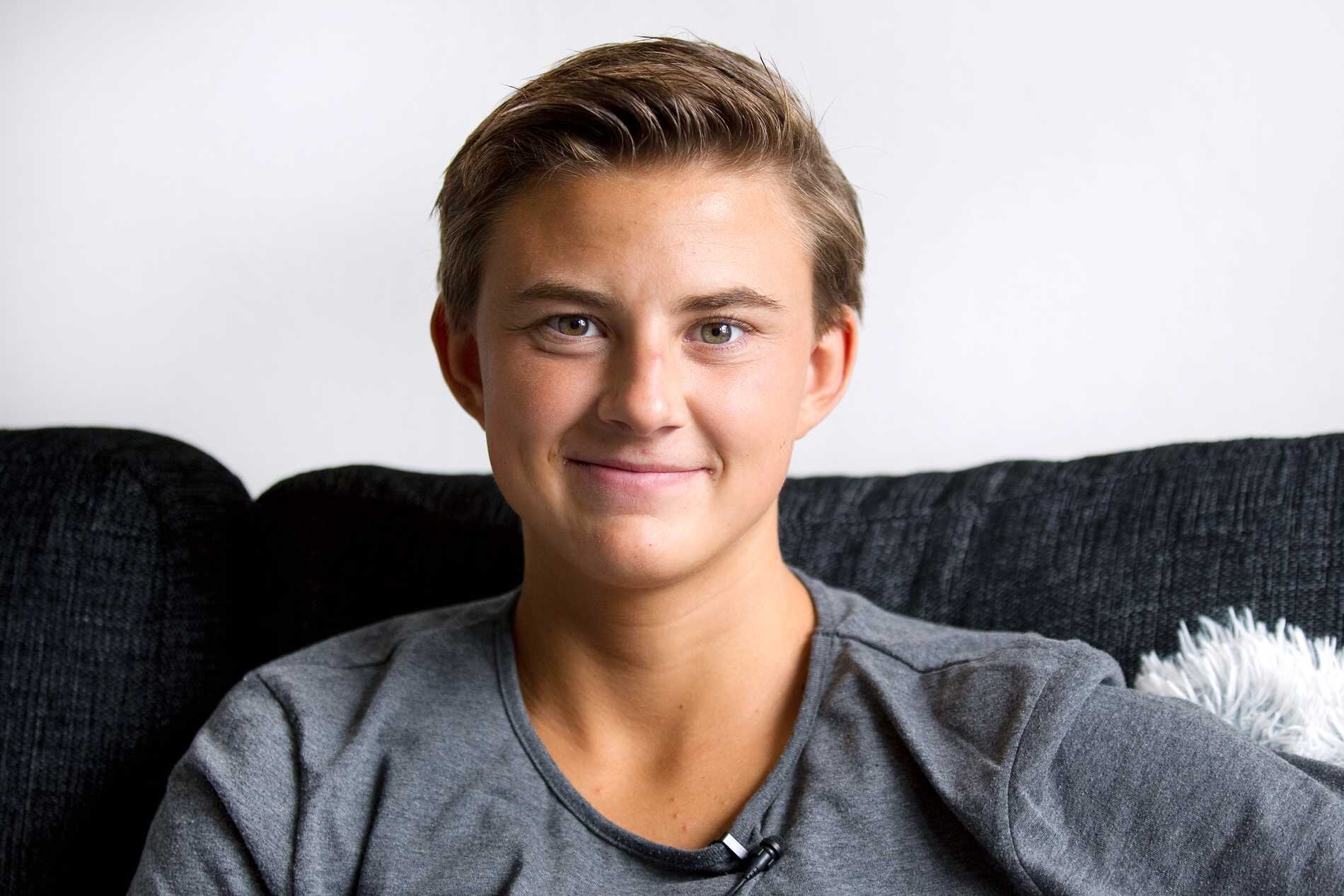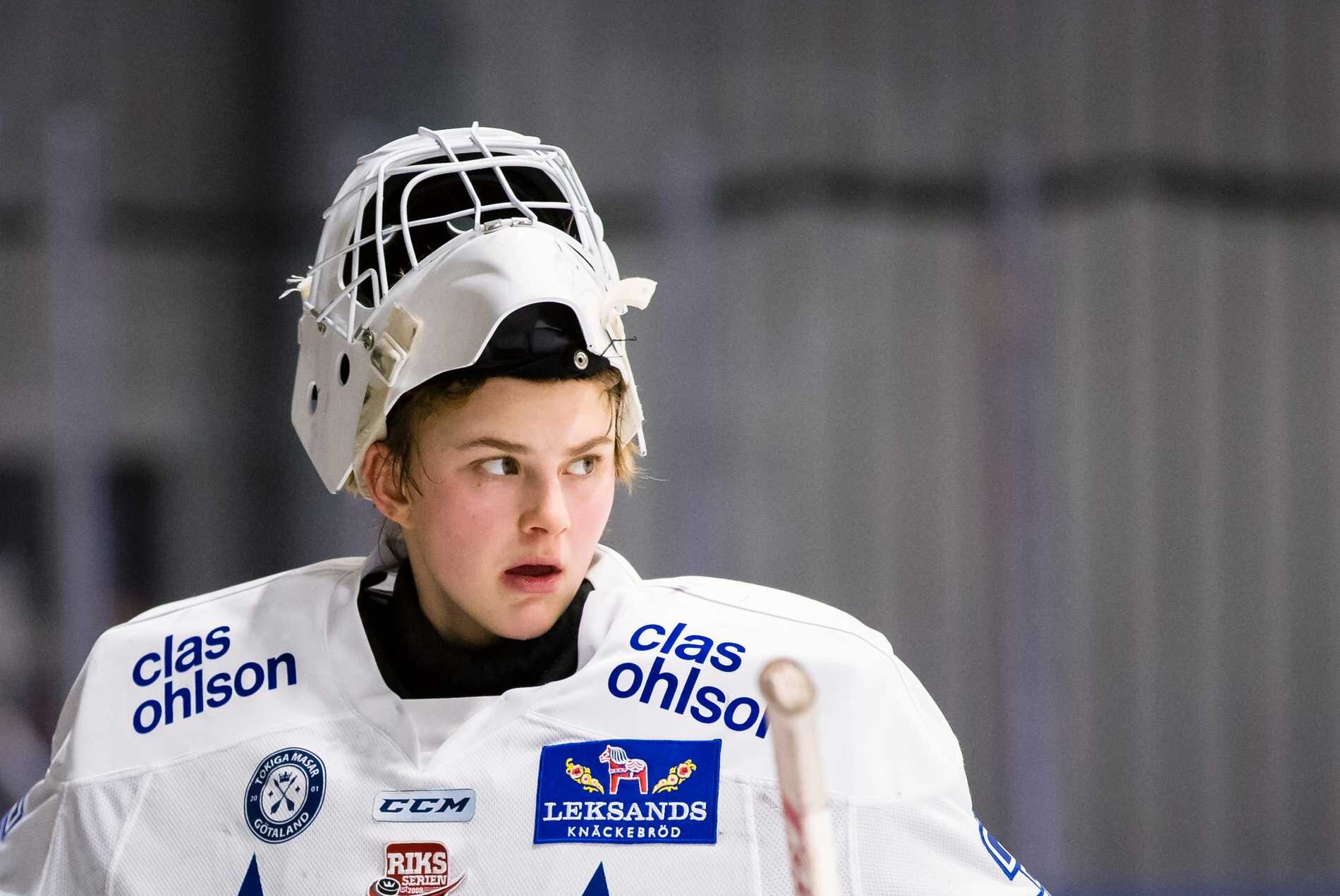Three Unsung LGBTQIA+ Heroes in Hockey
Hockey history and LGBTQIA+ history are intertwined. We see it in Angela James, the first women’s hockey superstar, thanking her wife in her Hockey Hall of Fame induction speech, to former Boston Pride member Meghan Duggan coming out after captaining the USA to their second Olympic gold. Members of the LGBT+ community are behind many of the sport’s greatest moments. While there is still progress to be made to make hockey a place where all in the LGBT+ community can thrive, it’s important to count the moments of success, triumphs, and visibility.
Some important stories and icons can be forgotten in the age of constant information, lost in translation, or untold to a newer audience. Here are three LGBT+ players who impacted the hockey community you may not have read about yet.
Claire Buchanan


Being a star defender, silver medalist, and alternate captain for the Canadian Women’s National Sledge Hockey Team is only the beginning of Buchanan’s impact on the sport of hockey. While playing for the national team and her club, the Mississauga Cruiser’s, Buchanan is an ambassador for the sport of sledge hockey, a vocal disability activist, and an advocate for LGBTQIA+ acceptance. Buchanan was born with Spina Bifida and began sledge hockey at age 12, which she continued to play alongside wheelchair basketball and studying journalism. Her success in sports led to her running a blog where she shares information on how people can get involved and start playing sledge hockey as well as her personal experience in the sport. Additionally, Buchanan is a ParaSport Ambassador, educating people at events and tournaments about sledge hockey, and recently began doing broadcasting for Humber College.
To friend and writer Kevin Rempel, Buchanan described how her LGBT+ identity intersects with her life as a hockey player and ambassador for the sport. “Sledge hockey has been a big part in my confidence. The community of sledge hockey has given me a lot of support and love towards who I choose to love. A lot of sports end up having members of the LGBTQ become more closeted and scared but sledge has just opened up my life for more love and I am forever grateful for the athletes I get to share my life and passion with." Buchanan is also open about how her wife, Dott, provides her a great support system. In 2019 she told journalist Tanja Hutahajan “My wife is from Florida and she drove up to Canada with me. She has been by my side ever since. To this day, all I have had is a tremendous amount of support.”
Leon Reuterström


At 21 years old, Leon Reuterström established himself as an elite goaltender for Leksands IF in Svenska damhockeyligan, also known as the SDHL, Sweden’s top women’s hockey league. Through six years in the SDHL and 116 games, Reuterström had a cumulative .911 save percentage and posted a .926 in the 2017-2018 season. The stellar season would mark his last, as Reuterström came out as a trans man and left hockey to pursue transitioning.
Now 24, Reuterström is outspoken about the importance of transgender visibility and how his life improved after transitioning, but also the struggles of trying to find a place in sports as a transgender athlete. Reuterström has discussed how he’s no longer able to play hockey, in part due to rules that consider taking testosterone for gender transitioning “doping.” In an interview, Reuterström told Tomas Ros “There is only one big downside and that is that I can not or may not play ice hockey. I'm not welcome in the women's team anymore and can not play men's hockey because testosterone is doping. I love my hockey and it hurts me not to be able to play anything more.” In a two-year follow-up with Expressen, Reuterström also mentioned the social aspects that can make playing hockey as a trans man and dealing with transphobia. “There is a lot of talk about hockey being for everyone, sports being for everyone - but that is not the case. It's certainly not all teams and not all people, of course, but in general it is very hard, especially among hockey guys. It is a much more open environment in women's hockey.”
While being vocal about the need to find a place where trans men in hockey can transition and still have a safe and welcoming place to play, Reuterström also talks about how transitioning improved his life and mental health. With support from his family, long-term girlfriend, and teammates, he’s recently participated in charity games and was a part of Sportbladet's float in Stokholm’s pride parade. In the aforementioned Expressen article, Reuterström talked about how his life has taken shape since he came out at age 21. “The biggest difference that I feel personally is that I really have a zest for life now. I see a future and a life. Before, it was just that you took the next training and the next match, but you hated everything else. But now I know it will get better and it will only continue to get better.”
Fabienne Peter
A forward most recently with in the EHC Basel Hockey Ladies of the Swiss Women’s Hockey League, Fabienne Peter is the first trans woman to play in the SWHL and the reason the league adopted a more trans-inclusive policy.
Peter grew up playing ice and roller hockey, but found herself playing less competitively as she struggled with gender dysphoria. She continued playing as a hobby while taking part in the volunteer fire brigades and studying engineering. In her late twenties, Peter came out as transgender and began transitioning into her early thirties. Her wife gave her the push to reach out to the Swiss league about their policy for transgender women and to see if she could play for a women’s club. The head coach of the team she played for prior supported Peter bringing her concerns to the league.
As of 2018, the SWHL adopted the International Olympic Committee’s policy for including transgender players as long as they prove their testosterone level is not above a certain amount. While the policy is not all-inclusive and lends itself to exclusion of some intersex and transgender people based on science that’s been questioned, it is better than no transgender people being allowed to play at all or requiring sex reassignment surgery. Fabienne Peter, who was 32 at the time, can be thanked for the progress made in the SWHL.
In an interview with TagesWoche, Peter talks about the support she had from her community, co-workers, teammates, and wife, but also mentions the lack of transgender role models in sports when growing up. She tells her story in hopes of helping younger transgender people in Switzerland, and that they’ll be able to find the same support she has.

